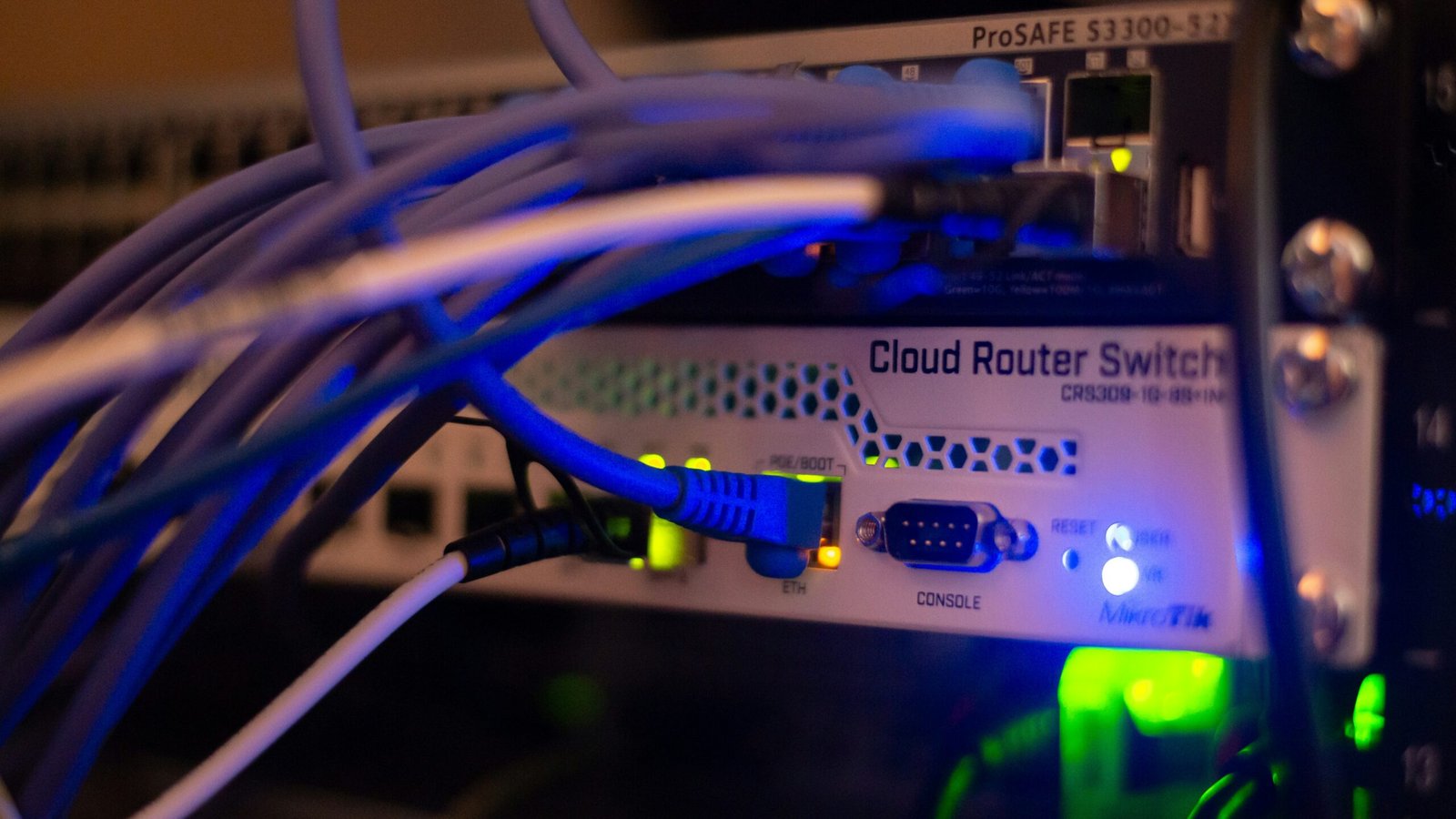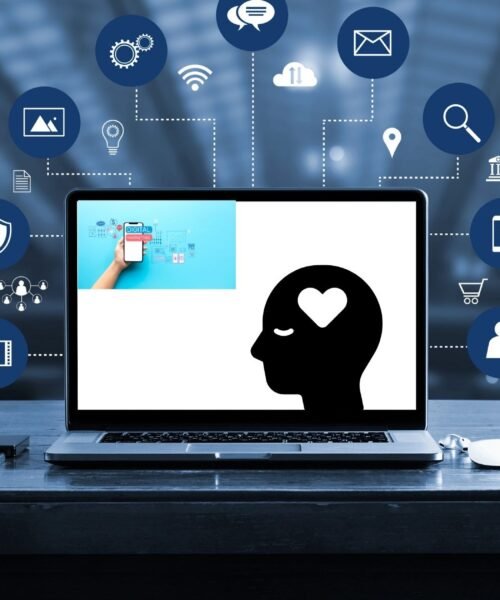In recent years, AI has made significant advancements, enabling it to perform tasks that were once thought to be exclusively human. One area where AI has made a notable impact is in the healthcare industry. AI-powered systems are now capable of analyzing vast amounts of medical data, assisting in the diagnosis of diseases, and even predicting patient outcomes. This has led to more accurate and timely diagnoses, ultimately improving patient care and saving lives.
Furthermore, AI has also made its way into the transportation sector, with the development of self-driving cars. These vehicles use AI algorithms to navigate and make decisions on the road, reducing the risk of human error and increasing overall safety. Additionally, AI technology has the potential to revolutionize public transportation systems, optimizing routes and schedules to minimize congestion and improve efficiency.
Another area where AI is making waves is in the field of education. Intelligent tutoring systems are being developed to provide personalized learning experiences for students. By analyzing individual learning styles and adapting instructional materials accordingly, AI can help students reach their full potential and enhance their educational outcomes.
Moreover, AI is also transforming the way we interact with technology on a daily basis. Virtual assistants, such as Siri and Alexa, use AI algorithms to understand and respond to our voice commands. These assistants can perform a wide range of tasks, from setting reminders and playing music to providing weather updates and answering questions. As AI continues to advance, these virtual assistants will become even more intelligent and intuitive, seamlessly integrating into our lives and becoming indispensable companions.
However, the rise of AI also raises important ethical and societal concerns. As AI becomes more prevalent, there is a need for regulations and policies to ensure its responsible and ethical use. Issues such as privacy, job displacement, and algorithm bias need to be addressed to ensure that AI benefits all of society.
In conclusion, AI is rapidly becoming an integral part of our everyday lives, transforming various industries and enhancing our experiences. From healthcare to transportation, education to personal assistants, AI is revolutionizing the way we live and interact with technology. However, as AI continues to advance, it is crucial to address the ethical and societal implications to ensure that AI remains a force for good in our increasingly AI-driven world.
Moreover, AI in smart homes has the potential to enhance our safety and security. AI-powered security systems can analyze video footage from cameras and alert us in real-time if any suspicious activity is detected. They can also learn to differentiate between normal activities and potential threats, reducing false alarms and enhancing the overall effectiveness of the system.
Another area where AI is revolutionizing smart homes is energy management. With the help of AI algorithms, smart home devices can optimize energy consumption by analyzing patterns and making intelligent decisions. For example, they can automatically adjust the heating or cooling settings based on the occupancy of the house, weather conditions, and energy usage patterns, resulting in significant energy savings.
AI is also playing a crucial role in improving the overall efficiency and convenience of smart homes. By integrating AI with IoT (Internet of Things) devices, smart homes can become truly interconnected and intelligent. For instance, AI-powered devices can communicate with each other to coordinate tasks and provide a seamless user experience. Imagine waking up in the morning, and your smart home system automatically starts brewing your coffee, adjusting the blinds to let in natural light, and playing your favorite morning playlist.
Furthermore, AI in smart homes can assist elderly or disabled individuals in their daily lives. AI-powered devices can monitor their health and well-being, remind them to take medication, and even provide companionship. These devices can learn the individual’s preferences and adapt to their needs, providing personalized care and support.
In conclusion, AI is transforming smart homes into intelligent, efficient, and personalized living spaces. With AI-powered devices, we can enjoy enhanced convenience, safety, and energy efficiency. As AI continues to advance, the possibilities for smart homes are endless, and we can expect even more innovative and intelligent features in the future.
Enhancing Personalized Shopping Experiences
AI is also transforming the way we shop. Online retailers are leveraging AI algorithms to provide personalized recommendations based on our browsing and purchase history. These recommendations help us discover new products that align with our interests and preferences, making the shopping experience more enjoyable and efficient.
Moreover, AI-powered chatbots are becoming increasingly common in customer service. These virtual assistants can provide real-time assistance, answer customer queries, and even process orders. By utilizing natural language processing and machine learning, chatbots can understand and respond to customer inquiries with speed and accuracy, enhancing customer satisfaction and reducing the need for human intervention.
One of the key advantages of AI in enhancing personalized shopping experiences is its ability to analyze vast amounts of data in real-time. This allows retailers to gain valuable insights into customer behavior, preferences, and trends, enabling them to tailor their offerings and marketing strategies accordingly. For example, by analyzing customer browsing patterns and purchase history, AI algorithms can identify patterns and make predictions about future purchases. This information can then be used to offer personalized recommendations and promotions to individual customers, increasing the likelihood of conversion and customer loyalty.
In addition to personalized recommendations, AI is also revolutionizing the way we interact with online retailers. Virtual shopping assistants powered by AI can provide personalized product suggestions, answer questions about product features and specifications, and even guide customers through the purchasing process. These assistants can utilize natural language processing to understand and respond to customer queries in a conversational manner, making the shopping experience more interactive and engaging.
Furthermore, AI-powered image recognition technology is enabling retailers to offer virtual try-on experiences. By analyzing customer photos or utilizing augmented reality technology, AI algorithms can simulate how a product would look on an individual, allowing them to virtually try on clothing, accessories, or even furniture before making a purchase. This not only enhances the shopping experience but also reduces the likelihood of returns and increases customer satisfaction.
Overall, AI is revolutionizing the way we shop by providing personalized recommendations, virtual shopping assistants, and virtual try-on experiences. As AI continues to advance, we can expect even more innovative solutions to enhance the personalized shopping experience, making it more convenient, efficient, and enjoyable for consumers.
AI in Healthcare
The healthcare industry is also benefiting from the integration of AI. AI-powered diagnostic tools can analyze medical imaging scans, such as X-rays or MRIs, to detect anomalies and assist in accurate diagnosis. These tools can help healthcare professionals make more informed decisions, leading to improved patient outcomes and reduced medical errors.
Additionally, AI algorithms can analyze vast amounts of patient data to identify patterns and trends, enabling early detection of diseases and the development of personalized treatment plans. This data-driven approach to healthcare has the potential to revolutionize medical research and improve the overall quality of care.
One area where AI is making significant strides is in the field of genomics. Genomic sequencing, which involves analyzing a person’s DNA to identify genetic variations, has become increasingly important in understanding the underlying causes of diseases and developing targeted treatments. AI algorithms can analyze genomic data to identify patterns and mutations that may be associated with certain diseases, providing valuable insights for researchers and clinicians.
Furthermore, AI is being used to improve patient monitoring and care coordination. Advanced AI systems can analyze real-time patient data, such as vital signs and electronic health records, to identify early warning signs of deterioration and alert healthcare providers. This proactive approach can help prevent adverse events and improve patient safety.
In addition to these clinical applications, AI is also being utilized in administrative tasks to streamline operations and reduce costs. Natural language processing algorithms can be used to automate tasks such as medical coding and billing, freeing up valuable time for healthcare professionals to focus on patient care. AI-powered chatbots and virtual assistants are also being employed to handle patient inquiries and provide basic medical information, improving access to healthcare services.
While the integration of AI in healthcare has tremendous potential, it also raises ethical and privacy concerns. The use of AI algorithms to make critical decisions, such as treatment plans or patient prioritization, requires careful consideration to ensure fairness and transparency. Additionally, the collection and analysis of vast amounts of patient data raise concerns about data privacy and security.
Overall, the integration of AI in healthcare holds great promise for improving patient outcomes, advancing medical research, and enhancing the efficiency of healthcare delivery. However, it is crucial to strike a balance between harnessing the power of AI and addressing the ethical and privacy implications to ensure that these technologies are used responsibly and for the benefit of all.
In addition to self-driving cars and navigation systems, AI is also revolutionizing other aspects of transportation. For instance, AI is being used to improve the efficiency of logistics and supply chain management. By analyzing vast amounts of data, AI algorithms can optimize delivery routes, reduce transportation costs, and minimize delays.
Moreover, AI is playing a crucial role in enhancing the safety and security of transportation systems. AI-powered surveillance systems can monitor traffic conditions, detect accidents or incidents, and alert authorities in real-time. This not only helps in quick response and emergency management but also enables proactive measures to prevent potential accidents or disruptions.
Another area where AI is making significant contributions is in the development of smart infrastructure. Intelligent traffic management systems, powered by AI algorithms, can analyze traffic patterns, predict congestion, and adjust traffic signals accordingly to optimize the flow of vehicles. This not only reduces traffic congestion but also improves fuel efficiency, reduces emissions, and enhances the overall driving experience.
Furthermore, AI is being utilized in the development of smart cities, where transportation is seamlessly integrated with other urban systems. For example, AI algorithms can analyze data from various sources, such as weather conditions, public events, and public transportation schedules, to provide real-time information and recommendations to commuters. This enables individuals to make informed decisions about their travel routes and modes of transportation, ultimately leading to a more efficient and sustainable transportation system.
Overall, AI is transforming the transportation industry in numerous ways, from autonomous vehicles to intelligent traffic management systems. With continued advancements in AI technology, we can expect further improvements in safety, efficiency, and sustainability in the transportation sector.
The challenges and ethical considerations surrounding the integration of AI in everyday life are multifaceted and require careful attention. One of the primary concerns is the potential impact on employment. As AI continues to automate tasks traditionally performed by humans, there is a risk of job displacement. This can lead to significant social and economic consequences if not properly managed. It is crucial to ensure that adequate measures are in place to reskill and upskill the workforce to adapt to the changing job landscape. This includes providing access to training programs and resources that equip individuals with the necessary skills to thrive in an AI-driven world.
Privacy and data security are also significant concerns when it comes to AI. As AI systems collect and analyze vast amounts of personal data, there is a need to establish robust regulations and safeguards to protect individuals’ privacy and prevent misuse of sensitive information. This includes implementing strict data protection laws, ensuring data anonymization techniques are employed, and giving individuals control over their data. Additionally, organizations must be transparent about how they collect, store, and use data, and obtain explicit consent from individuals before utilizing their information for AI purposes.
Moreover, the ethical implications of AI decision-making algorithms need to be carefully considered. AI systems are only as unbiased as the data they are trained on. If the training data is biased or reflects societal prejudices, the AI algorithms can perpetuate discriminatory practices or reinforce existing inequalities. It is crucial to address issues of bias in AI algorithms and ensure that they are fair, transparent, and accountable. This requires diverse and inclusive data sets, rigorous testing and validation processes, and ongoing monitoring of AI systems to detect and correct any biases that may arise.
In addition to these challenges, there are other ethical considerations that need to be taken into account. For instance, the potential for AI to be used in malicious ways, such as deepfake technology that can create realistic but fabricated videos, raises concerns about misinformation and the erosion of trust in media. Furthermore, the ethical use of AI in areas such as healthcare, criminal justice, and autonomous vehicles requires careful examination to ensure that decisions made by AI systems align with human values and do not compromise fundamental rights and principles.
Addressing these challenges and ethical considerations requires a collaborative effort from policymakers, researchers, industry leaders, and society as a whole. It involves developing comprehensive frameworks and guidelines that govern the responsible development and deployment of AI technologies. It also requires ongoing dialogue and engagement with stakeholders to ensure that the benefits of AI are maximized while minimizing its potential risks. By doing so, we can harness the power of AI to improve lives, drive innovation, and create a more inclusive and equitable future.
The Future of AI in Everyday Life
The rise of AI in everyday life is just the beginning. As technology continues to advance, we can expect even more seamless integration of AI in various aspects of our lives. From personalized healthcare solutions to smart cities and beyond, AI has the potential to transform the way we live and interact with the world around us.
Imagine a future where AI-powered virtual assistants are not just limited to our smartphones but are integrated into our homes, cars, and workplaces. These assistants will be able to anticipate our needs, manage our schedules, and provide personalized recommendations based on our preferences and habits. They will be our constant companions, helping us navigate through the complexities of everyday life.
In the field of healthcare, AI will play a crucial role in revolutionizing patient care. With the ability to analyze vast amounts of medical data, AI algorithms will be able to detect diseases at an early stage, predict treatment outcomes, and provide personalized treatment plans. This will not only improve the quality of healthcare but also make it more accessible to people in remote areas.
AI will also have a significant impact on transportation and urban planning. With the rise of autonomous vehicles, traffic congestion will become a thing of the past. AI-powered traffic management systems will optimize traffic flow, reducing travel times and carbon emissions. Smart cities will use AI to monitor and manage energy consumption, waste management, and public safety, creating more sustainable and livable environments for their residents.
However, as we embrace the potential of AI, it is essential to approach its development and deployment with caution. Ethical considerations must be at the forefront of AI design, ensuring that these technologies are used responsibly and do not infringe upon individual privacy or perpetuate biases. Transparency and accountability should be paramount, with clear guidelines and regulations in place to govern the use of AI in various domains.
Furthermore, it is crucial to consider the impact of AI on the workforce. While AI has the potential to automate mundane tasks and improve productivity, it may also lead to job displacement in certain industries. To mitigate this, we must focus on reskilling and upskilling the workforce, preparing them for the jobs of the future that will require a combination of human and AI capabilities.
In conclusion, the future of AI in everyday life holds immense promise. From personalized virtual assistants to revolutionizing healthcare and transforming our cities, AI has the potential to enhance our lives in ways we can only imagine. However, it is crucial to approach its development and deployment responsibly, ensuring that ethical considerations and societal values are upheld. By doing so, we can create a future where AI enriches our lives while fostering a fair and inclusive society.










